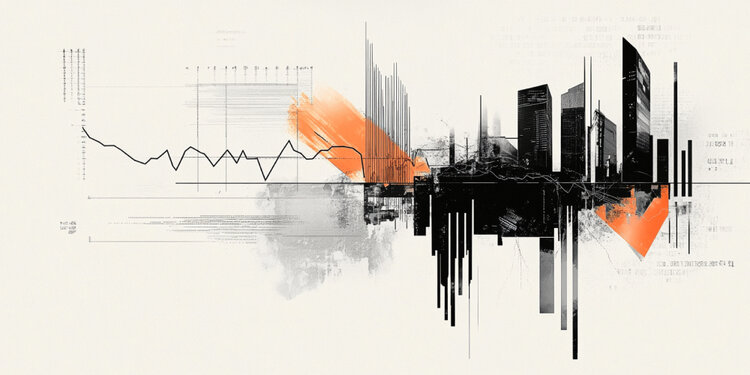A new wave of coronavirus infections is spreading rapidly across Asia and beyond, prompting warnings for residents from New Zealand to Japan to take precautions to contain the outbreak and help prevent healthcare systems from becoming overwhelmed.
The new increase in cases, particularly the BA.4 and BA.5 variants of Ômicron, poses an additional challenge for authorities dealing with the economic fallout from previous waves of the pandemic, while trying to avoid extending or reintroducing restrictions.
The New Zealand government on Thursday announced free masks and rapid antigen tests as it seeks to ease pressure on the country’s healthcare system, which is dealing with an influx of Covid and influenza patients during the winter of New Zealand. South hemisphere.
“There is no doubt that the combination of an increase in Covid-19 cases and hospitalizations, the worst flu season in recent memory and corresponding employee absences are putting healthcare workers and the entire healthcare system under extreme pressure.” , said Ayesha Verrall, Minister of Response to Covid-19, in a statement.
New Zealand, which has a population of 5.1 million people, has nearly 69,000 currently infected with the virus. Of these, 765 cases are in the hospital, which caused the waiting time to increase and surgeries to be cancelled.
In Japan, new cases of Covid-19 have grown to levels not seen since the beginning of this year. The government has urged people to be especially careful ahead of a long weekend and imminent summer school vacation.
Japan reported nearly 95,000 cases on Wednesday and newly infected patients increased 2.14 times compared to last week, according to a government spokesman.
“The number of new cases is increasing in all prefectures in Japan and appears to be spreading rapidly,” Health Minister Shigeyuki Goto said at the start of a committee meeting on dealing with the coronavirus.
Tokyo has raised its alert level to the highest.
Like New Zealand, South Korea was lauded for its response at the start of the pandemic, but as of Wednesday, daily cases had tripled in a week to more than 39,000.
Officials and experts predict South Korea’s new daily cases to reach 200,000 from mid-August to late September and are expanding booster doses of vaccinations but not planning further restrictions.
Australia has warned it could be hit with its worst Covid-19 outbreak in the coming weeks, fueled by Omicron’s BA.4/5 variants. Authorities said “millions” of new infections could occur, but ruled out any tougher restrictions to stem the spread.
“We’ve gone beyond that… we’re not in the age of lockdowns and that sort of thing,” Federal Health Minister Mark Butler told radio station 2GB on Thursday, though he urged Australians to consider working from home again. .
Mainland China recorded an average of more than 300 locally transmitted Covid infections daily in July, up from around 70 in June, while Beijing’s strict policy helps keep local outbreaks under control and has avoided overloading hospitals.
Source: CNN Brasil







